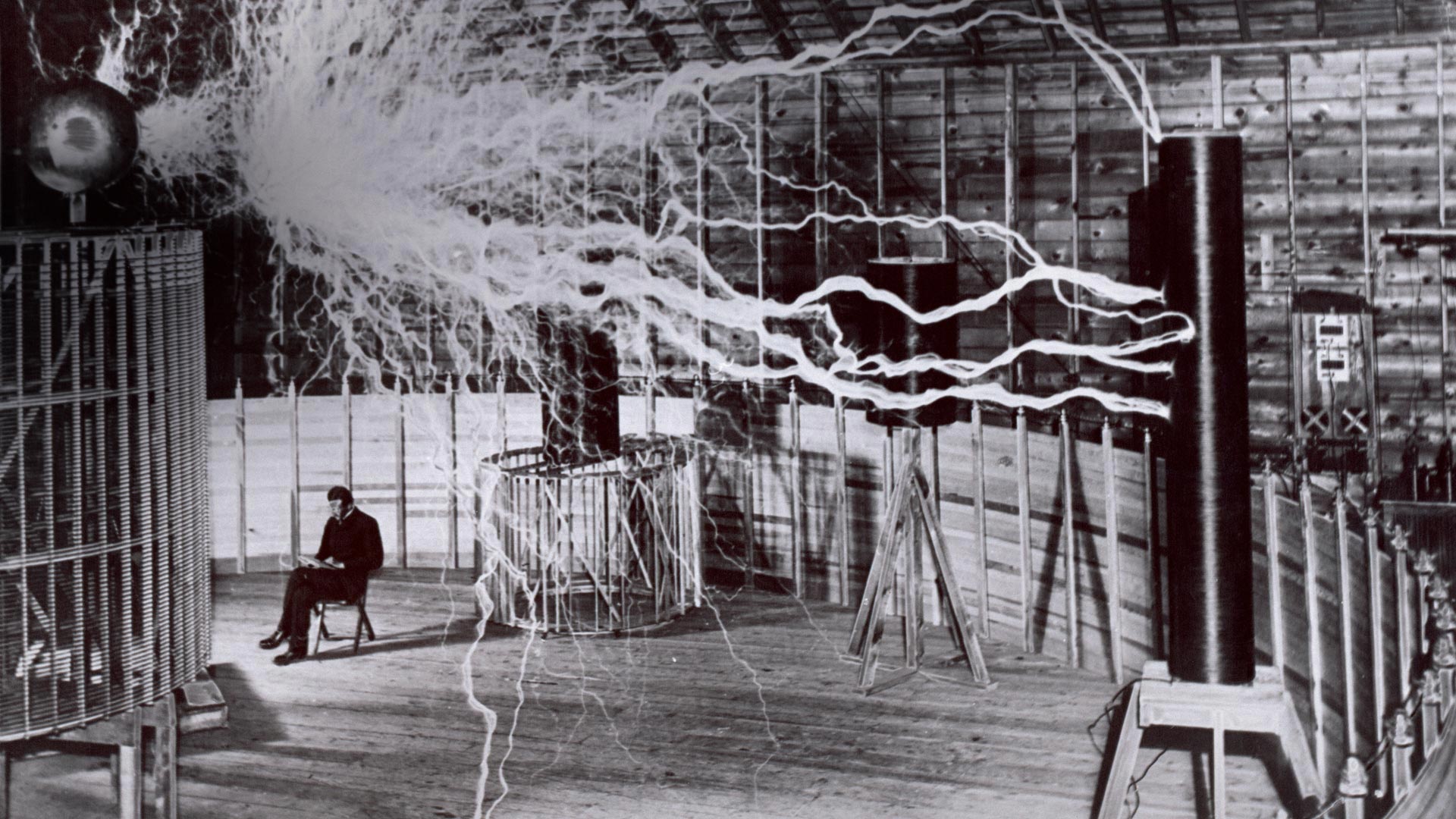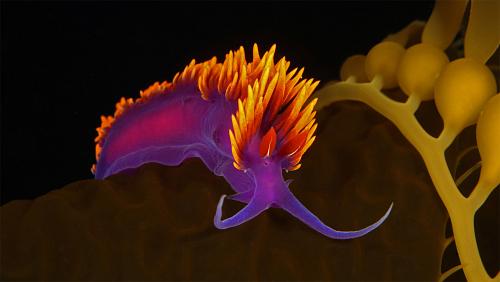Modern Incinerator Technology Offers Sustainable Waste Disposal Solution in Central African Republic
The Central African Republic is a landlocked country in Central Africa, known for its rich biodiversity and natural resources. However, like many developing nations, it faces challenges in managing its waste and pollution. In recent years, the country has been grappling with the increasing generation of waste and the inadequacy of waste management infrastructure to handle this growing problem. This has led to environmental degradation, health hazards, and the spread of diseases.
To address these issues, modern incinerator technology has emerged as a sustainable and efficient waste disposal solution. Incineration has proven to be an effective method of waste management, particularly for countries like the Central African Republic that lack the infrastructure for proper recycling and landfill management. In this article, we will explore how modern incinerator technology is offering a sustainable waste disposal solution in the Central African Republic and the benefits it brings to the environment and public health.
Modern Incinerator Technology: An Overview
Modern incinerator technology involves the controlled combustion of waste materials at high temperatures. This process not only reduces the volume of waste but also eliminates harmful toxins, pathogens, and pollutants, resulting in a significant reduction in environmental and health risks. The use of advanced filtering systems and emission controls ensures that the emissions from the incineration process meet strict environmental standards, minimizing the impact on air quality.
In addition to waste reduction and environmental protection, modern incinerator technology also provides the added benefit of producing energy through the combustion of waste. This energy can be harnessed to generate electricity or heat, contributing to the country’s energy needs and reducing its reliance on fossil fuels. Furthermore, the ash produced from the incineration process can be utilized for various applications, such as construction materials or industrial processes, minimizing the overall waste output.
Sustainable Waste Disposal in the Central African Republic
The Central African Republic has been facing significant challenges in waste management, particularly in urban areas where population growth and industrialization have led to a surge in waste generation. The lack of adequate waste treatment facilities and the limited capacity of existing landfills have resulted in open burning, illegal dumping, and uncontrolled waste accumulation, posing serious threats to public health and the environment.
The introduction of modern incinerator technology offers a sustainable waste disposal solution for the Central African Republic by addressing these challenges. By implementing advanced incineration facilities, the country can effectively manage its waste while minimizing environmental pollution and health hazards. The reduction in waste volume and the production of energy from the incineration process contribute to a more sustainable and efficient waste management system, promoting environmental stewardship and resource conservation.
Benefits of Modern Incinerator Technology
The adoption of modern incinerator technology in the Central African Republic brings several benefits to the country and its people. These benefits include:
1. Environmental Protection: Modern incinerator technology helps in reducing the release of harmful pollutants and greenhouse gases into the atmosphere, contributing to improved air quality and mitigating the impact of waste on the environment. The advanced filtering and emission control systems ensure that the incineration process meets stringent environmental standards, minimizing the environmental footprint.
2. Public Health Improvement: By eliminating pathogens and toxic substances from waste, incineration helps in reducing health risks associated with unmanaged waste, such as the spread of diseases and contamination of water sources. Proper waste disposal through incineration protects the health and well-being of the population, particularly in densely populated urban areas.
3. Resource Recovery: The energy produced from the combustion of waste in modern incinerator facilities can be harnessed for electricity generation or heat production, contributing to the country’s energy needs. Additionally, the ash generated from the incineration process can be utilized for various industrial applications, reducing the need for raw materials and minimizing waste output.
4. Sustainable Waste Management: Modern incinerator technology offers a sustainable and efficient method of waste disposal, complementing existing waste management practices such as recycling and composting. By reducing the volume of waste and minimizing its environmental impact, incineration promotes a more holistic approach to waste management, aligning with the principles of sustainability and circular economy.
FAQs on Modern Incinerator Technology in the Central African Republic
Q: Is incineration a safe method of waste disposal?
A: Yes, modern incinerator technology is a safe and controlled method of waste disposal. The advanced filtering and emission control systems in incineration facilities ensure that the combustion process is conducted under strict environmental standards, minimizing the release of harmful pollutants and toxins into the atmosphere.
Q: What happens to the ash produced from the incineration process?
A: The ash produced from incineration can be utilized for various applications, such as construction materials, industrial processes, or land reclamation. This reduces the overall waste output and contributes to resource recovery and circular economy principles.
Q: How does incineration contribute to energy production?
A: The combustion of waste in modern incinerator facilities produces energy in the form of heat, which can be harnessed for electricity generation or heat production. This helps in meeting the energy needs of the country and reduces its dependence on fossil fuels.
Q: What are the environmental benefits of modern incinerator technology?
A: Incineration helps in reducing the release of harmful pollutants and greenhouse gases into the atmosphere, contributing to improved air quality and mitigating the impact of waste on the environment. It also helps in reducing environmental pollution and health hazards associated with unmanaged waste.
In conclusion, modern incinerator technology offers a sustainable and efficient waste disposal solution for the Central African Republic, addressing the challenges of waste management and contributing to environmental protection and public health improvement. By implementing advanced incineration facilities, the country can effectively manage its waste while minimizing environmental pollution and health hazards, promoting resource recovery, and contributing to a more sustainable and efficient waste management system.








